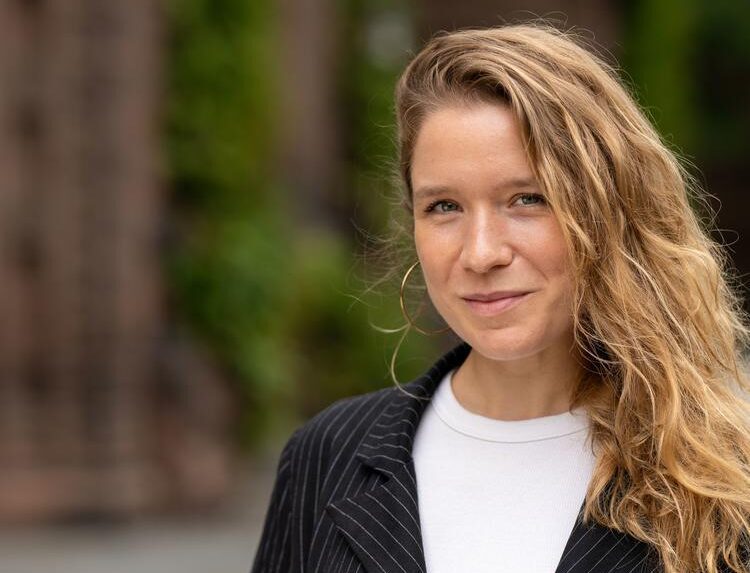Chloe Howe Haralambous is a comparatist who studies mobility and revolution at sea, with a particular focus on political, fictional and forensic narratives of the Mediterranean passage between Libya and Italy.
Her first book project, provisionally titled, “The Rescue Plot: Politics, Policing and Subterfuge in the Mediterranean Migrant Corridor,” breaks the disciplinary boundaries between literary and ethnographic study, unfolding as a dialogue between the interpretation of maritime fiction and the embodied tumult of the contemporary Mediterranean crossing as she experienced it on board the ships and aircraft of activists rescuing border-crossers in the sea passage to Europe. Challenging the prevailing view of the border as a “field of struggle” between Europe and its outsides, Howe Haralambous proposes we look at the Mediterranean as a theater for playing out the internal contradictions of Europe itself: the fiscal crisis of the Eurozone; the wavering hegemony of the liberal state; the radical Left’s search for a revolutionary subject, and migrants’ own elaboration of Europe between the experience of violence and the fantasy of fulfilment.
Her second project, “Internationalisms (Un)Moored” examines the collisions between the pathways of unauthorized migration and those of maritime capital, in order to trace the emergence of Mediterranean radicalisms out of struggles among states, global capital and the alliances of border-crossers, activists and workers who meet at sea, each in search of their own form of emancipation as it shimmers on the horizon.
Howe Haralambous received her Ph.D. in English Comparative Literature at Columbia University in 2024. Her academic articles and journalism have appeared in The Journal of Modern Greek Studies, boundary2, Critical Inquiry and The Intercept. Parallel to her graduate school trajectory, she co-founded the Mosaik Support Center for Refugees and Locals on Lesvos, Greece, and worked as a member of the activist organization, Sea-Watch.
















